Indonesia grants former president Suharto national hero status amid fierce backlash
Indonesia has awarded former president Suharto the title of national hero, sparking outrage from rights groups and survivors of past abuses. President Prabowo Subianto defended the decision, saying Suharto’s “dedication to the unity and development of Indonesia” earned him a place among the nation’s heroes.
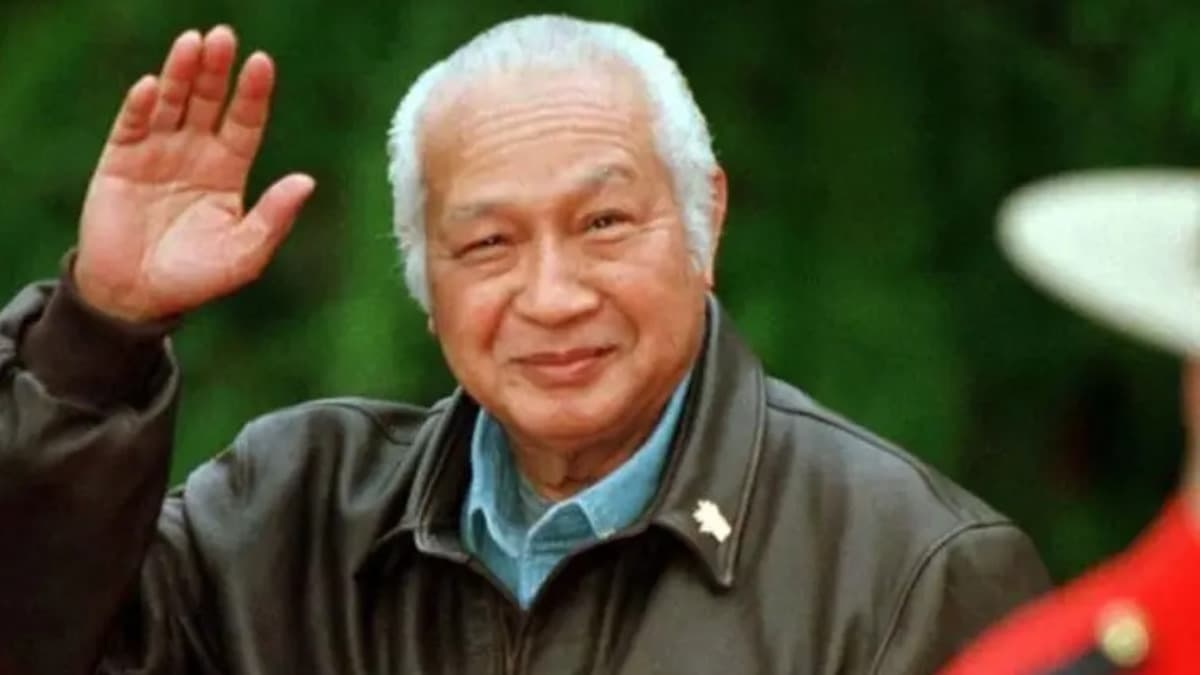
- Former president Suharto, who ruled Indonesia from 1967 to 1998, was posthumously named a national hero on 10 November 2025 by President Prabowo Subianto.
- Rights groups and victims of the New Order era condemned the move as historical revisionism that erases corruption and human-rights abuses.
- Prabowo said Suharto was honoured for his “unwavering commitment to stability, development, and national unity,” despite criticism of his authoritarian legacy.
Indonesia’s President Prabowo Subianto has conferred the title of National Hero of Indonesia upon Suharto, the country’s former ruler who led the nation for more than three decades.
The announcement, made during a state ceremony on 10 November 2025 at the Presidential Palace in Jakarta, has triggered widespread criticism from human-rights advocates, reformists, and survivors of state-led violence.
The decision was formalised through Presidential Decree No. 116.TK/2025, which named ten recipients in total, including Suharto.
The award is the country’s highest civilian honour, reserved for figures deemed to have made “extraordinary contributions to the state and nation.”
Suharto, who died in 2008, presided over a period of economic growth but also widespread repression, the imprisonment of political opponents, and the deaths of hundreds of thousands during the 1965–66 anti-communist purges. He resigned in May 1998 amid mass protests and corruption allegations that marked the end of the New Order era.
Government justification
In his speech at the ceremony, President Prabowo defended the inclusion of his former father-in-law, saying Suharto had “dedicated his life to defending Indonesia’s independence and guiding its people through a period of unprecedented growth.”
He added that Suharto’s “commitment to national unity, sovereignty, and economic development” deserved recognition, even if his government “had its flaws.”
“We must view history as a whole,” Prabowo said.
“President Suharto was not perfect, but he built a strong foundation for Indonesia’s development, stability, and self-reliance.”
Social Affairs Minister Tri Rismaharini, who oversaw the nomination process, said Suharto’s selection followed a review by the Council for Titles, Decorations, and Honours, chaired by Fadli Zon.
The council cited Suharto’s contributions to infrastructure, food security, and economic modernisation.
Officials noted that Suharto, then a lieutenant colonel, played an active role in military campaigns during the Indonesian National Revolution (1945–1949) and later contributed to the consolidation of the post-independence state.
Protests and backlash
Despite the government’s justification, the move has provoked intense backlash from civil-society organisations and victims’ groups.
The human-rights NGO KontraS said the decision “erases the pain of victims of the New Order regime,” pointing to unresolved cases of forced disappearances, extrajudicial killings, and political imprisonment.
On 6 November 2025, around 100 demonstrators gathered outside the Presidential Palace, holding banners that read “No heroism in oppression” and “Justice before honour.”
Usman Hamid, Executive Director of Amnesty International Indonesia, described the move as “an insult to the victims of state brutality.” He said, “By naming Suharto a national hero, the government is rewriting history and rewarding a legacy of impunity.”
International observers, including Human Rights Watch, echoed similar concerns, arguing that the decision undermines Indonesia’s progress in promoting accountability since the fall of Suharto’s regime.
Historical context and public response
Suharto’s rule (1967–1998) brought economic transformation through industrialisation and agricultural modernisation, earning him praise from international financial institutions. Yet his administration also entrenched corruption, curbed media freedom, and oversaw mass arrests and disappearances of political opponents.
According to Transparency International, Suharto allegedly embezzled as much as US$35 billion, making him one of the world’s most corrupt leaders.
Reactions among the public remain deeply divided. Some citizens—particularly from the older generation—credit Suharto with maintaining stability and prosperity. Younger Indonesians, however, increasingly view his legacy through the lens of human rights and transparency.
Sociologist Kevin O’Rourke told The Jakarta Post that the award reflects “a reassertion of authoritarian nostalgia” and signals “a reversal of reformasi principles.”
Broader political implications
Analysts say the decision also carries strong political undertones. Prabowo’s personal connection to Suharto—he was married to Suharto’s daughter, Titiek Suharto, and served in the elite Kopassus unit during the late New Order era—has fuelled debate about the motivations behind the award.
Political analyst Dewi Fortuna Anwar said, “This move aligns with Prabowo’s long-standing effort to rehabilitate Suharto’s image and reshape national memory to favour strongman leadership.”
The recognition also coincides with broader attempts by Prabowo’s administration to strengthen ties with the military and centralise authority, echoing aspects of Suharto’s governance model.
Outlook
With Suharto now officially recognised as a national hero, the debate over his legacy is expected to intensify. Activists and historians are calling for renewed public education on the 1965–66 massacres and state repression, to ensure future generations understand the full scope of Suharto’s rule.
In an open letter published ahead of the announcement, 185 institutions and 256 individuals urged Fadli Zon, chair of the Council for Titles, Decorations, and Honours, to cancel the proposal to designate Suharto as a National Hero.
The signatories — comprising academics, civil-society groups, and survivors of New Order-era abuses — argued that granting such recognition to an authoritarian ruler accused of corruption and human-rights violations would “distort history and dishonour the victims of his regime.”
As one commentator in Kompas wrote, “Indonesia must honour its heroes — but not at the expense of historical truth.”

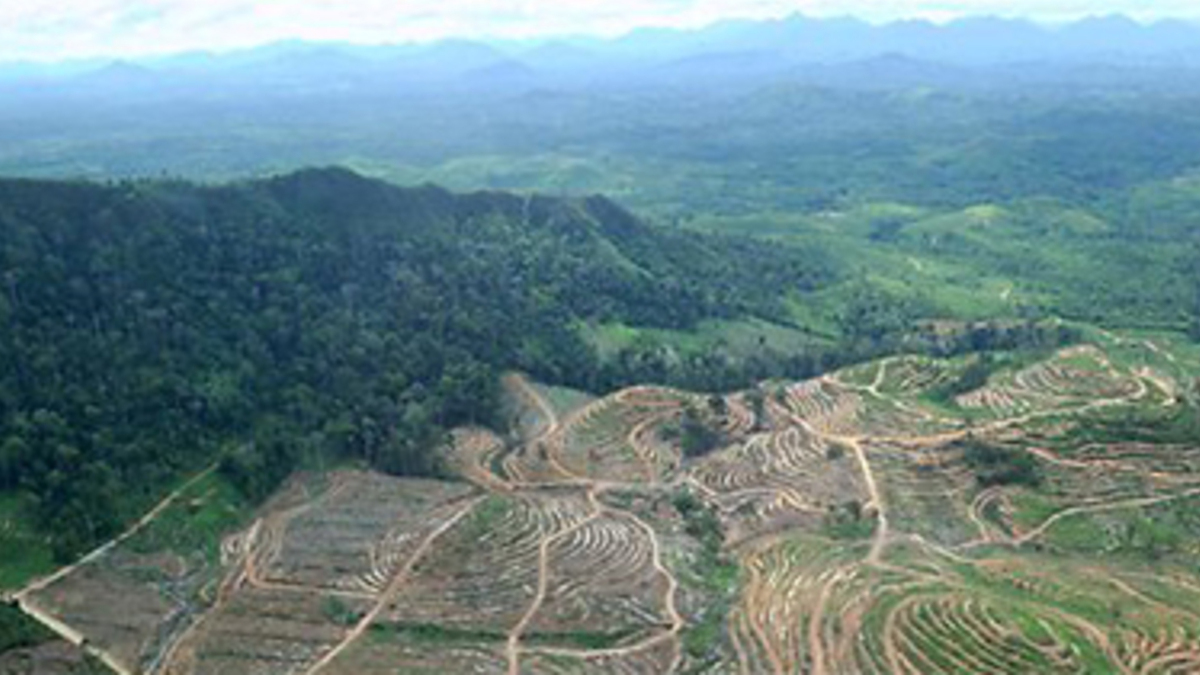

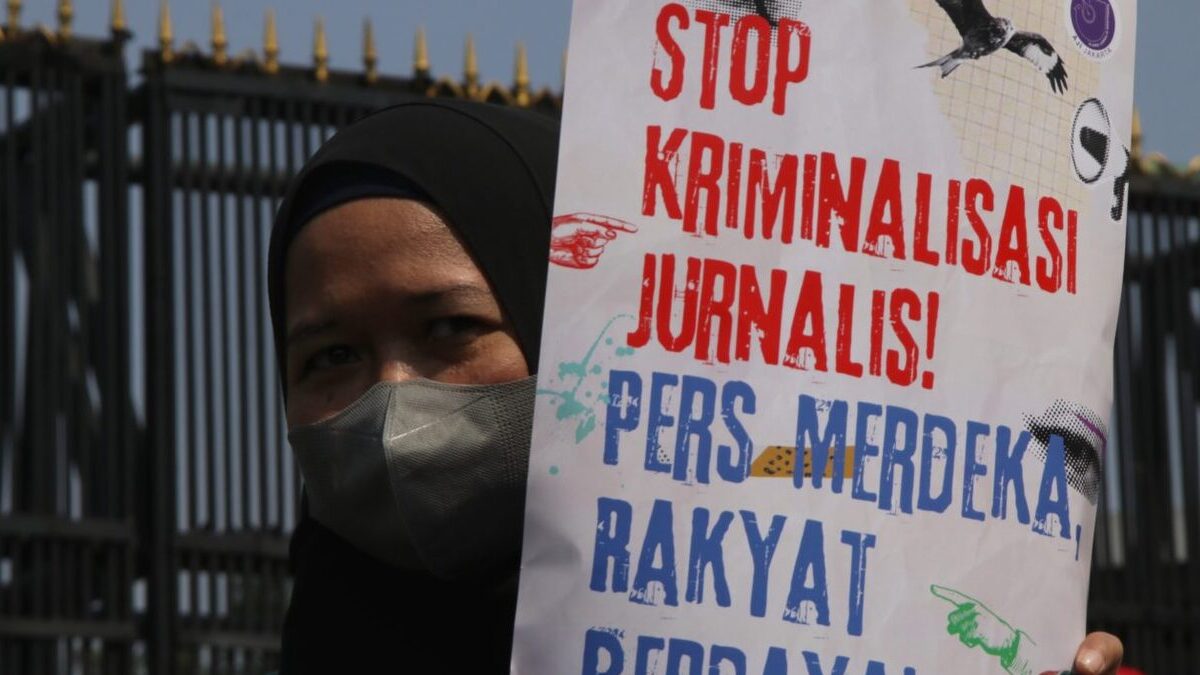
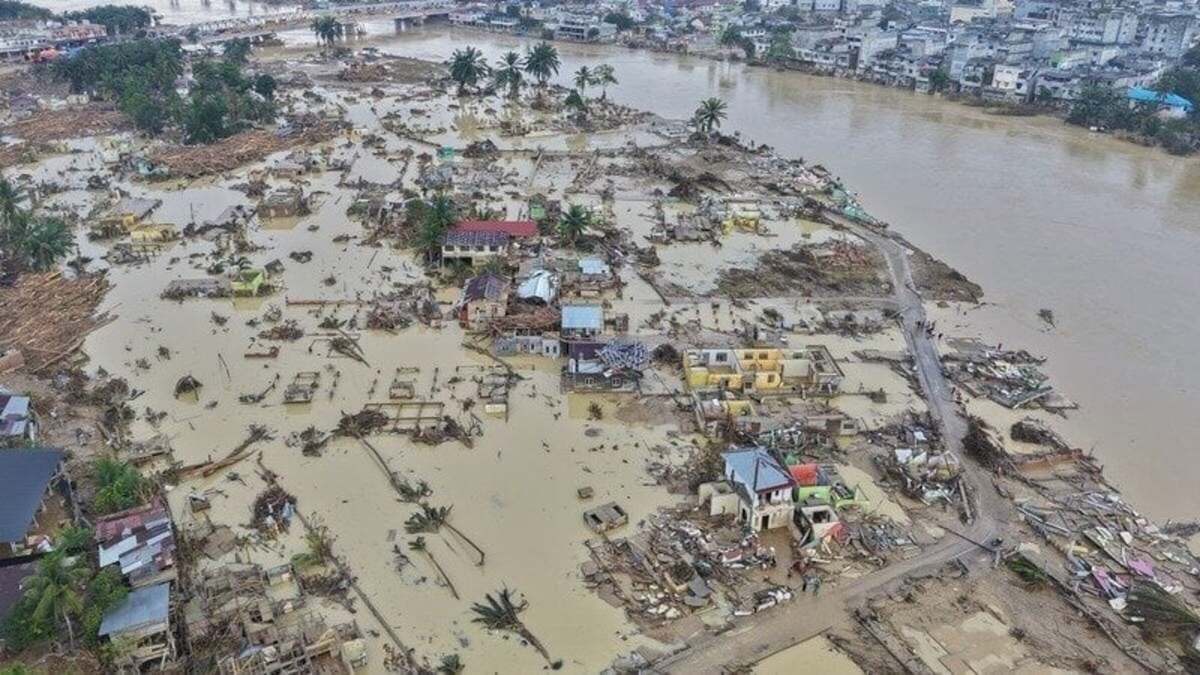




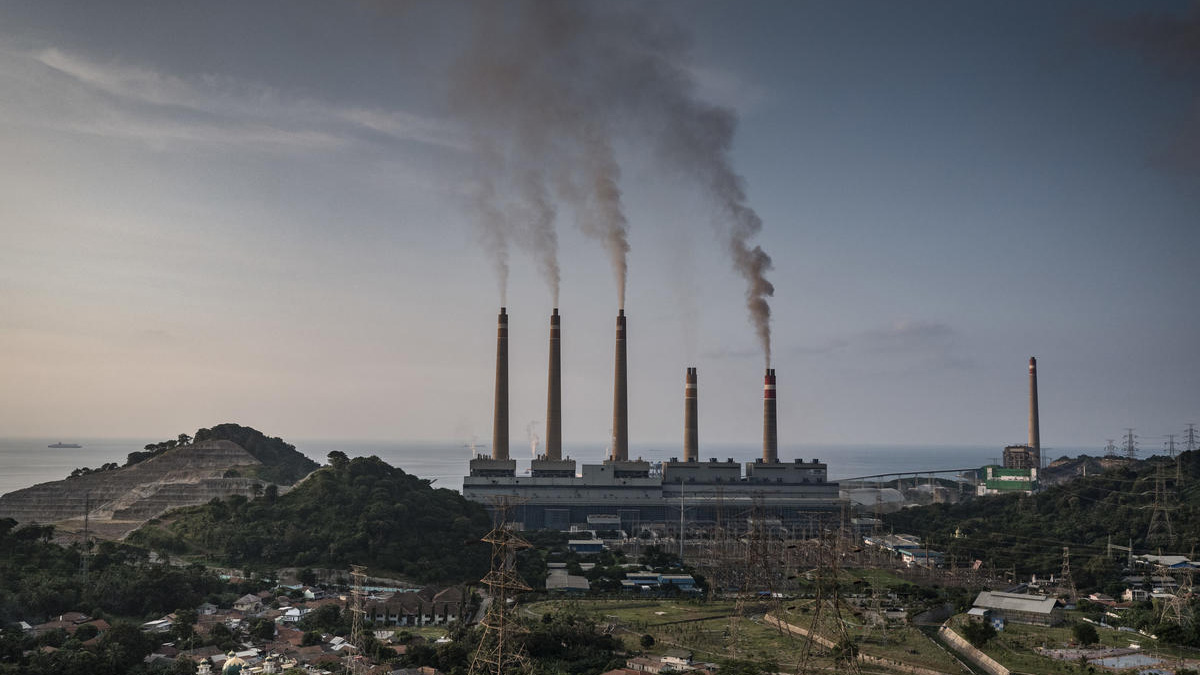

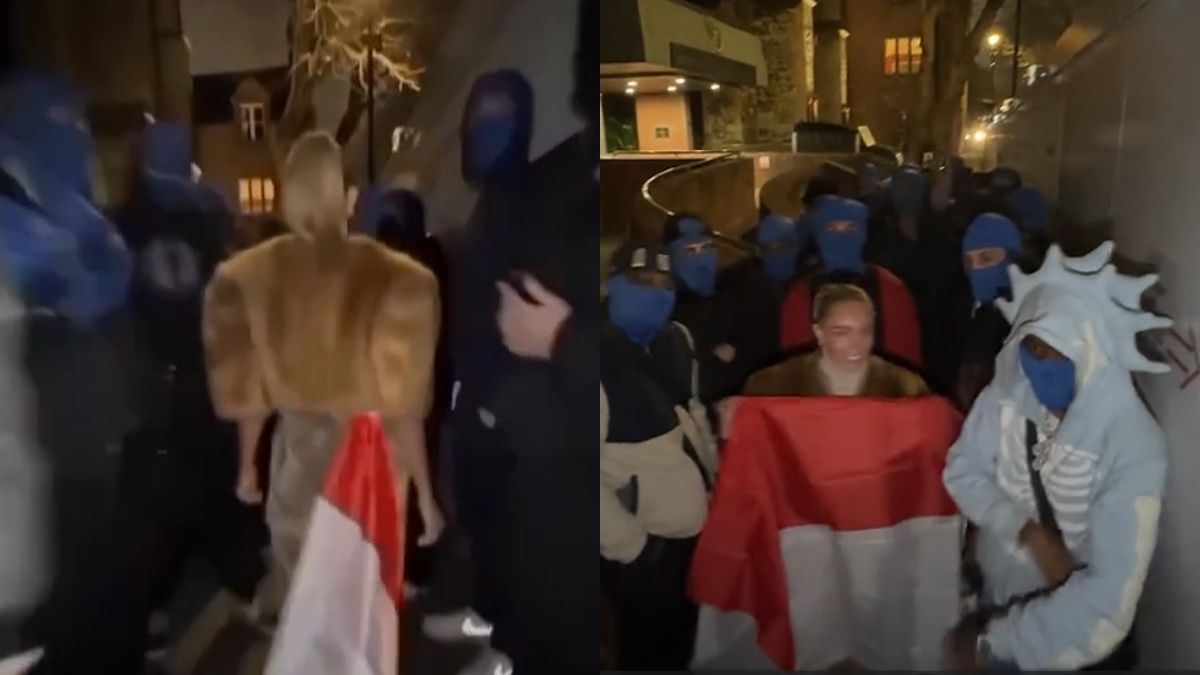
0 Comments